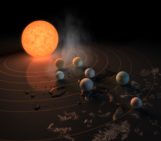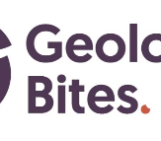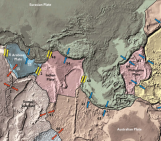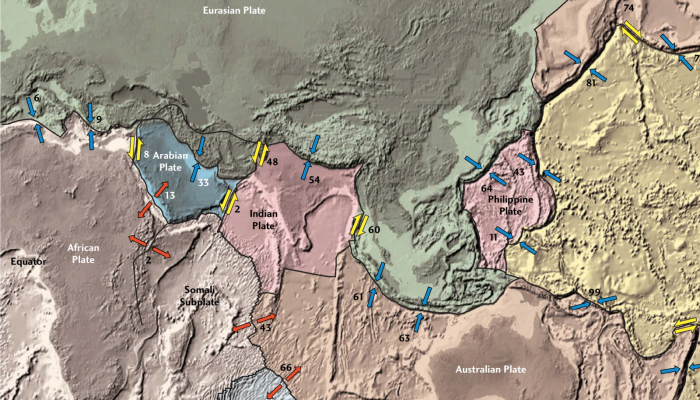
These blogposts present interviews with outstanding scientists that bloomed and shape the theory that revolutionised Earth Sciences — Plate Tectonics. Get to know them, learn from their experience, discover the pieces of advice they share and find out where the newest challenges lie!
Meeting Francis Albarède
Francis Albarède started his career as an undergraduate student in Natural Sciences at the University of Montpellier in southern France. He moved to Paris to get a PhD in Geochemistry, supervised by Claude Allegre, at the Institut de Physique de Globe de Paris (IPGP). After his PhD he remained at IPGP as researcher and teacher. He then moved to Caltech, where he stayed for two years. The National School of Geology in Nancy, France, offered him a professorship, a position he happily fulfilled for 12 years. In 1991 he switched to the Ecole Normale Superieure in Lyon, France where he holds a director position of the department of earth and life sciences until today.
Hi Francis, could you briefly introduce your research interests and methods?
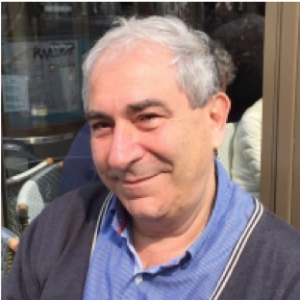
Francis Albarède. Credit: Francis Albarède.
Sure. I’m a geochemist, and I apply geochemistry to understand mantle dynamics and the evolution of the mantle. I also use geochemistry to investigate other planets and work on ocean dynamics. Besides geochemistry, I also use isotopes and trace elements to understand the mantle dynamics and I use models to predict the complexness of magmatic and oceanic processes. Besides earth scientific questions, my methods can be used in archaeological problems or medical issues. My interests are mainly within the field of earth sciences, but I sometimes venture to different fields of research.
Interdisciplinary research needs to be enhanced.
You have quite an extensive career. What do you consider your biggest accomplishment in your field?
The introduction of geochemical modelling I consider one my most significant achievements. And of course, the introduction of the MC-ICP Mass Spectrometry in the mid-’90s within geosciences had tremendous success. At the time it was a new technique and it has become one of the most dominant geochemical tools in many different laboratories around the world. In geodynamics, the idea that continents grow from the head of superplumes was also successful.
Besides these big accomplishment, do you have personal projects too?
Yes, I do have a couple fun projects of my own. They often have to do with introducing new data. For example, I am currently working on using a panel of isotopes (silver, lead, copper) to understand the origin of money.
Science is actually quite hard work.
You have seen many changes in your field. What do you consider one of the biggest challenges in your field nowadays?
Interdisciplinary research needs to be enhanced. The geochemists are good at their own job, and so are the geophysicists. But we need more people that are knowledgeable in both geochemistry and geophysics, a gap that is difficult to bridge. In addition, few scientists ask the right questions. Always ask yourself why other people should care about your own research.
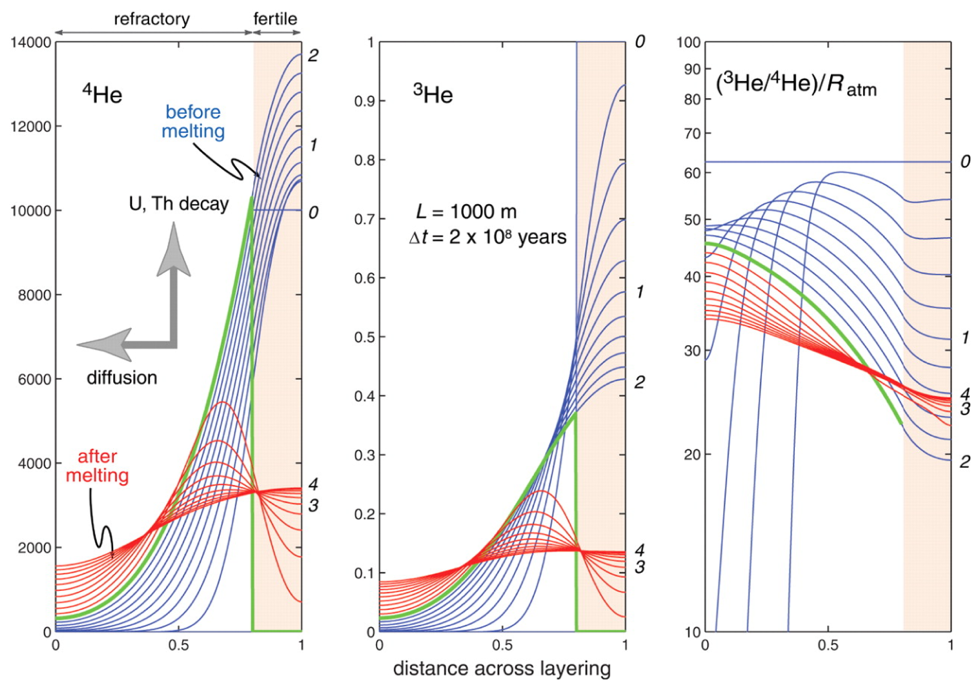
A two-stage history of He in the marble-cake mantle made of fertile (e.g., U- and Th-rich “pyroxenite” in beige) and refractory (e.g., U- and Th-poor “dunite” in green) rocks. Francis Albarède, 2008. Rogue Mantle Helium and Neon, Science, Vol. 319, Issue 5865, pp. 943-945, DOI: 10.1126/science.1150060
When you were at the early stages of your career, what were your expectations?
I never expected to be successful at an international level, but it happened anyway. I was craving to make great discoveries, and, even though the road to it was very bumpy, it happened, at least to the best of my capacities.
The most important is to think out of the box.
What is the most valuable advice you have received in your career?
As an early career scientist, I was very arrogant, even more than today. I received the advice, mainly from foreigners, to be more rigorous or demanding to myself. I was told that science is not just a quick effort, or that you do not get important results with a snap of your fingers. It is actually quite hard work. Claude Allegre, my PhD supervisor predicted I would always be a student and sure enough, I still am a student. I am not sure if I became less arrogant, but I definitely took his advice to work harder and to become more rigorous.
So, as the last question, do you have any advice for Early Career Scientists that are aiming for a career in science?
An Early Career Scientist needs to be exposed to other groups and individuals, preferably those who think differently. Perk is the great strength of being young but the danger is to reinvent the wheel. Do not think that something understood 50 years ago is necessarily obsolete. The most important is to think out of the box. This is not an easy thing to do, but if you manage it will make you a different scientist and therefore much more valuable to the community. Being scholarly will multiply and enlarge your sources of information. Read a lot, cultivate your memory, and most of all, have faith in your own capacities.
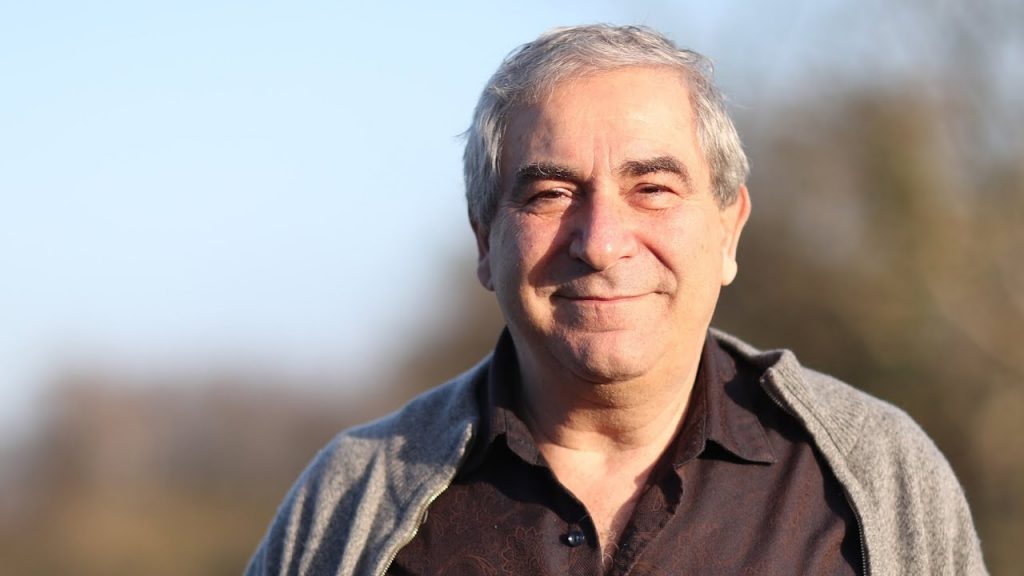
Francis Albarède. Credit: Société Française d’Exobiologie.
Interview conducted by Anouk Beniest

